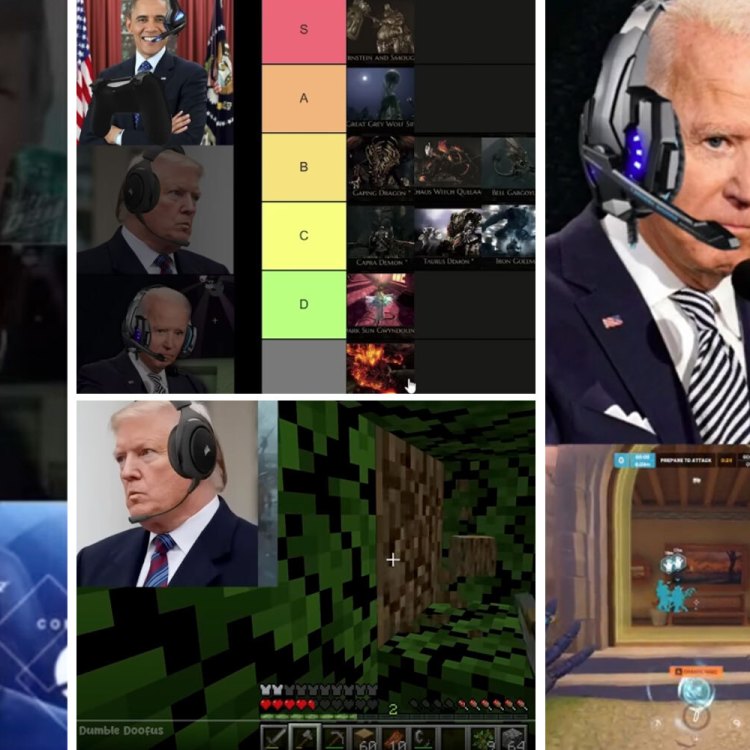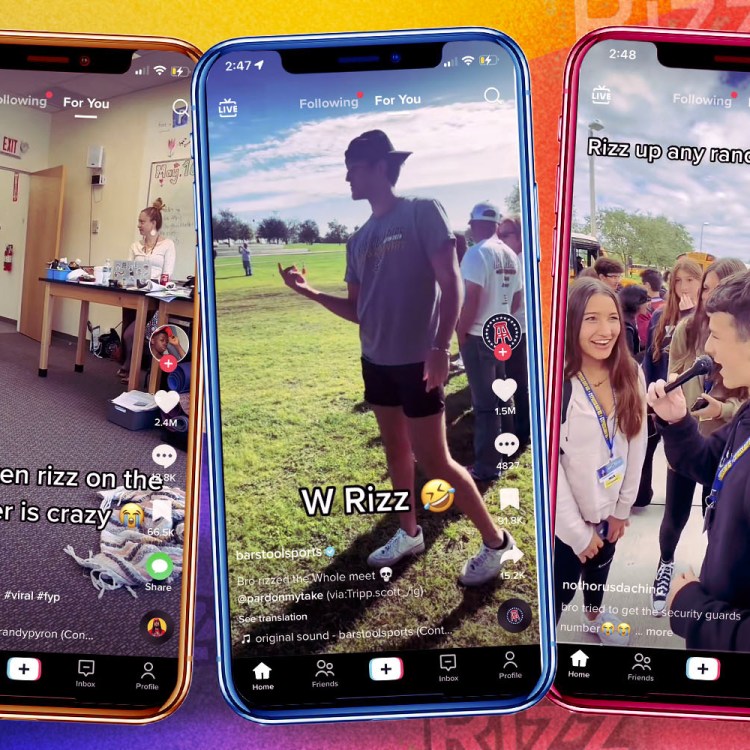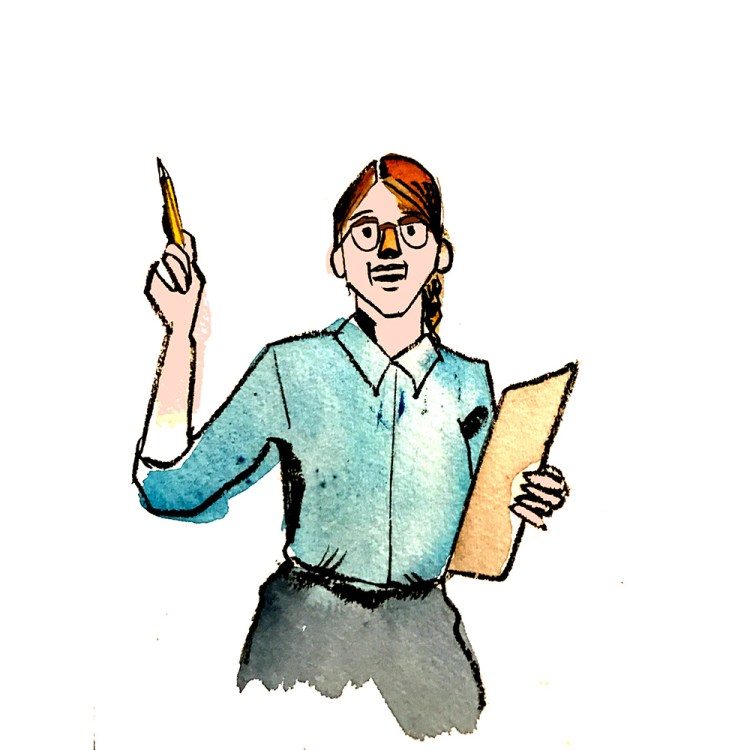
If you were to look up the definition of “social reach” in the dictionary, it would probably just say “Prince Ea.” (Yes, that his name.)
Last year, the spoken word artist (whose name is pronounced “prints EE–AY,” like the vowels) posted a video entitled “I Am NOT Black, You Are NOT White” on Facebook (below), and it was viewed more than 80 million times and shared 1.7 million times. Add that to his half-a-billion video views last year, and you have a veritable social juggernaut on your hands.
What makes Prince’s work so attractive? For one, he’s got something to say; watch one of his YouTube videos, for instance—any one—and you’ll immediately be rapt, wanting to at least hear him out. Case in point: One such video, which he recorded last November and has been viewed nearly two million times, is called “Why I’m Happy Trump Won”; watch it below. He’s also highly intelligent, better spoken than your average emoji-using millennial, quoting everyone from Buddha to the Dalai Lama to Albert Einstein—he graduated summa cum laude with honors in anthropology from the University of Missouri–St. Louis. And most importantly, what he says in these videos is easy to identify with and digest, whether you’re white or black, Democrat or Republican, gay or straight, Christian or Muslim, old or young. That’s a pretty rare thing to find on the Internet these days.
On April 20, he’s released his next soon-to-go viral video (watch it below), this time in partnership with MyHeritage DNA, one of a number of companies that offer people a bird’s eye view of their family tree, sort of like a pocket version of Henry Louis Gates’ Finding Your Roots.
RealClearLife wanted to figure out what made Prince Ea tick—and see if we could pick up some tips on social media marketing along the way. What we got instead was a Mariana Trench–deep conversation about spirituality, life, and even death. (Trust us, it’s much better than knowing how to be “liked.”)
RCL’s Will Levith: It’s obvious from your video content that you’re wise beyond your years. Who do you have to thank for that?
Prince Ea: I’d have to start with my parents. I’m from the north side of St. Louis, Missouri, and I don’t know if you know much about St. Louis, but it’s always on the most dangerous city list in the nation. I think where there’s poverty, there’s crime. I didn’t grow up with much money, but I did have my parents; they were there for me; they raised three kids. I was fortunate enough that they focused on education and the value of getting an education.
I was [also] very much influenced by [hip-hop artist] Immortal Technique, because he was the guy who really catalyzed the part of my brain that had never been touched before; he was rapping very poetically about geopolitics and questioning religion; he had scientific principles melded in with his lyrics over these amazing beats. That just captivated and enthralled me as a teenager. He really gave me the thirst for knowledge and information that ended up [being transferred] to education, and I got lucky enough to get a good scholarship at the University of Missouri–St. Louis.
In some talks you’ve given, you mention happiness as the true key to your professional “resurrection”—and by that, we’re talking about transforming from a rapper with 10 million video views to a viral star with 500 million. What does your morning routine look like?
You know, it’s funny you asked that. Yesterday, I just bought a book on morning routines, because I wanted to change mine. [laughs] I don’t know if mine is that good. I’m lucky enough to have built a life where I can sleep as long as I want; my hours are very different than a normal person, so I [sometimes] go to sleep at 5 a.m. I work out a lot, too, so I like to rest my body. I wake up, I’m definitely grateful, I try to do a positive affirmation: “This is going to be a great day,” is what I’ll say. I have portraits of different people in my room from Mark Zuckerberg to a spiritual teacher of mine, and I very graciously wish them “good morning.”
In another video, you talk about living by the mantra of going about content creation like it’s the last thing you’ll make before you die. Isn’t that sort of the opposite of happiness?
Why do you say that? I’m kind of curious.
I’m constantly looking for ways to be more happy. And if I were to put that much pressure [i.e. the prospect of imminent death] on myself every day for the one thing that I am truly good at—i.e. writing and reporting—I don’t think I’d be very happy.
That’s interesting. I understand it, I respect it. I’ve had that perspective. But I think our mortality, and an understanding of it—our ephemeral part of being on this planet—is liberating. To live a more authentic life, to live a more free life and really not take for granted things that come at us. Because if we think, “Hey, we’re going to be here forever” or we’ll get a Mulligan [pauses] … you don’t get that! So when we take death, it’s one of the greatest teachers of how to live. One of my favorite quotes from Buddha is, “Don’t think, but if you must think, let it be on the certainty of your death.”
Happiness is an interesting concept, because I think in our culture, we confuse happiness with excitement. True happiness is a state of peace and contentment. Excitement is when the neurons light up in your brain, and you can have a euphoric feeling. That’s excitement. That’s different [than] happiness, or as I like to call it, joy. True happiness is contentment in the present moment, living with the reality of what is, and not desiring, because these desires can wind up being the chains that bind you to unhappiness.
How has your life changed since you’ve become such a huge viral success? Do people recognize you on the street?
I do get recognized. Last week, I had a TSA agent at the airport take a picture with me, which was cool. I still had to get the pat-down and all that. It’s nice to get recognized, but I’m also a very reserved person; I don’t crave attention or being out there. I like a very low-key life. I’m not at the level of, like, Michael Jackson where he had to wear a mask, and I’m glad that I’m not at that level. It’s all good. I’m like a C-list celebrity.
So this is your full-time job?
Yeah it is. I’m fortunate enough to be a full-time content creator. I started on YouTube about a decade ago. Who would’ve known that I would be able to make a living off of creating video content?
You have a few videos where you address your haters. Has that been a difficult byproduct of social fame?
It’s interesting when you try to make a positive imprint on the world [that] some people might target you. But such is life. It’s a good test, because nobody can hate on me, right? They can [only] hate on something that I have created. So it’s a good test: Am I identifying with love or ego? If I identify with ego, then the haters are going to get to me. [laughs] But if I identify with love, then I can [either] not respond or I can respond, but I can do it from a peaceful center. There’s an ancient Zen quote that says, “When a pickpocket sees a saint, all he sees are his pockets; when a saint sees a pickpocket, all he sees is his innocence.”
Speaking of which, you probably accumulated more than a few haters from that video, “Why I’m Happy Trump Won.” Do you still agree with the premise? How much hatred did you actually receive?
I didn’t receive as much [hate] as you might think. Of course, people are going to have a knee-jerk reaction when they see that title. They probably didn’t watch the video. So I definitely read some comments of people coming from that place. But I think anybody who saw the video would recognize the truth, the possibility, the hope in it that I’m really trying to push out to the world. So to answer your first question, I still agree with it, because you never know what the future holds, but you know who holds the future. This universal intelligence, some people call it God, some people have a different name for it, but there is an intelligence that is working and that has been working and goes beyond our limited view of reality, and we have to surrender to that. You know, Einstein said, “There’s only one important question: Is the universe friendly?” I think when we realize that things happen not to us, but for us, we can truly create a world based on what human potential can be.
Last question: Freestyle, off the top of your head, about the conversation we just had.
Off the top/let’s see what I can do/spit the truth/I don’t even need rules/ ’cause Prince Ea is never a fluke/Musical like playin’ the violin or flute/this is off of the top/you can’t even start callin’ the cops/’cause I’m droppin’ this flow right on the spot/I don’t know why I’m rappin’ this?/I just know that this is magic/I don’t know … we had a conversation about Oprah* and happiness/We got the point, I told you this/Because real happiness, peace, and contentment/When I spit this sick ish offa the top, it’s slightly demented/but I’m sending a positive message/to cats that don’t understand it/but they still gettin’ all stressful/and all I have to say is ‘Thanks for the interview,’ what a blessing.
*I asked Prince if he thought Oprah would make a good president (she’s featured his videos on her Super Soul Sunday segment). His answer was yes.
—Will Levith for RealClearLife
This article was featured in the InsideHook newsletter. Sign up now.






















